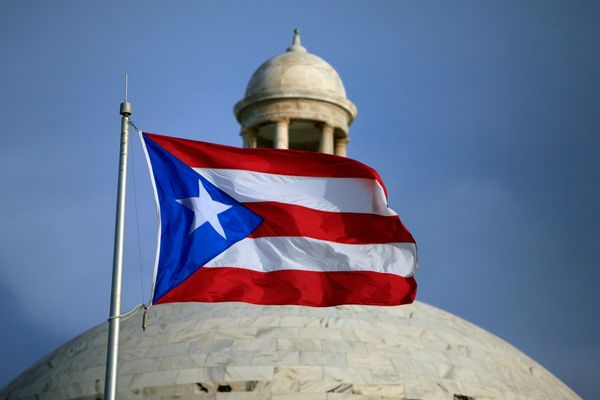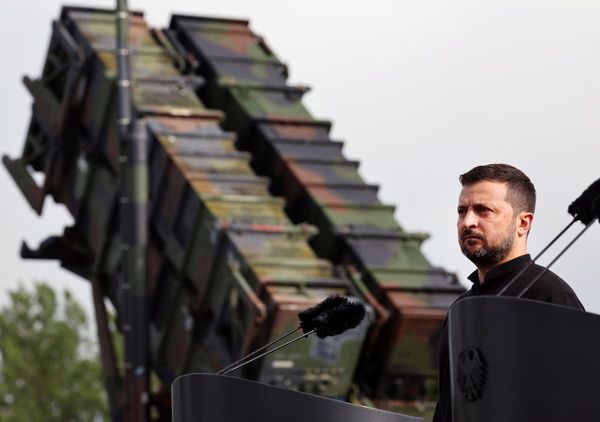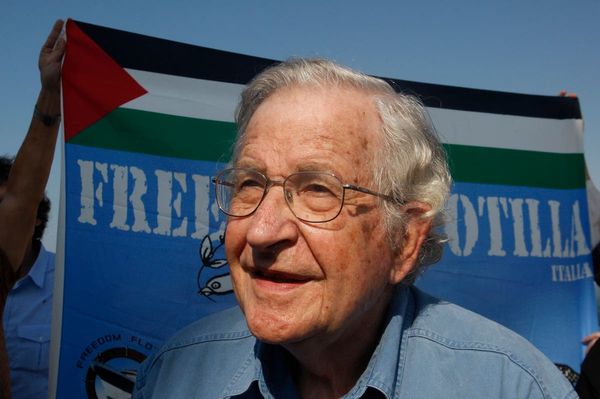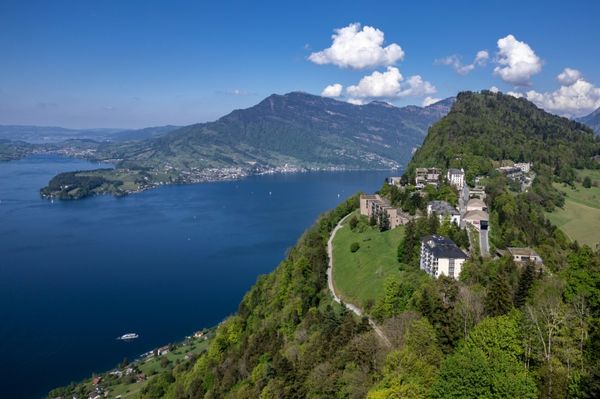
Dozens of prominent Australian writers have joined forces to push voters to prioritise climate action in the federal election.
Writers for Climate Action, headed by award-winning Sydney author Kate Grenville, has garnered support from more than 60 popular Australian writers, including Helen Garner, Tony Birch, Di Morrisey, John Coetzee and Matthew Reilly.
Without backing a particular party or candidate, the group is urging Australians to prioritise candidate’s proposed action on the climate crisis when they head to the polls on 21 May.
“Like so many others, writers feel helpless to make a difference,” Grenville said. “Using our influence in this way, we might.
“I’m hoping people find their favourite author on that list and think ‘oh wow, if they think we should put climate change first ahead of all the other competing issues, then maybe I should’.”
Other signees included Anna Funder, Alice Pung, Anita Heiss, Sofie Laguna, Toni Jordan, Omar bin Musa, Charlotte Wood, Clare Wright, Jock Serong and children’s authors Mem Fox and Alison Lester.
Grenville said the group encouraged Australians to research which of their local candidates offered the best hope of meaningful action on climate.
“Writers will vote for different people, I wanted to transcend that,” said the author of the Secret River and A Room Made of Leaves, who is also a 71-year-old grandmother.
“We’re all being bombarded with stuff, I wanted to step out of that polarised world … here’s an issue that ought to be above politics, let’s make it agnostic.”
The idea for the group started when Grenville ran into an acquaintance who told her she wasn’t sure about the need for climate action.
“In the same conversation she was wildly enthusiastic about a particular writer’s work,” Grenville said. “I thought, if that writer was on record as supporting climate action, it might shift my acquaintance’s view.”
Grenville, who has published 15 books spanning fiction and nonfiction, initially sent an email to half a dozen writers in her network to gauge the interest for a list encouraging voters to place climate first as an electoral priority. She said the response she received was overwhelming.
“The email has been running hot with people saying ‘yes, please, thanks for doing it and count me in’,” Grenville said. “Clearly there’s a huge appetite among writers to get out of the helplessness we feel.”
A growing number of writers are directly responding to the climate crisis in their work. But Grenville said those that didn’t, grappled with how to make a tangible difference.
“We’re all caught up in the muddle of immediate life,” Grenville said.
“What writers do at the quietness of their desk is find some kind of coherence to make meaning out of what seems chaotic … that’s perhaps why people look to writers to make meaning.”
Novelist and lawyer James Bradley said collective action among writers mattered, particularly coming into the election.
“In the noise of an election campaign it’s quite difficult to get messages across, both the major parties for different reasons are keen not to talk about climate change,” he said.
“It’s something that touches every aspect of cultural and social and economic life … even writers who you might say it’s not something they’re writing about, I’m sure it’s something they’re thinking about and trying to work out how to respond to in their practice.”
Bradley said it was “utterly bizarre” two months after devastating floods global heating had been largely sidelined as a major issue.
“The notion it’s not a central issue in our election campaign seems criminal,” he said. “It horrifies me, horrifies a lot of people.”
Clare Wright, a Stella prize winner said she joined the group because as a nonfiction writer and academic historian she was “wedded to the notion of evidence”.
“Embellishment, exaggeration, fantasy and wishful thinking make for great stories, but you wouldn’t want your gynaecologist or oncologist to embroider the truth,” she said.
“All the scientific evidence tells us that our planet is suffering irrevocably from the effects of anthropomorphic climate change.
“Writers are largely overlooked in this country as either authority figures or cultural heroes, but collectively, perhaps, we can use our words and our ways of knowing to push the government towards evidence-based climate action, now.”







